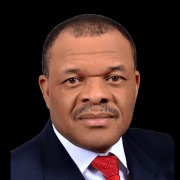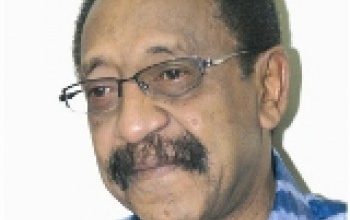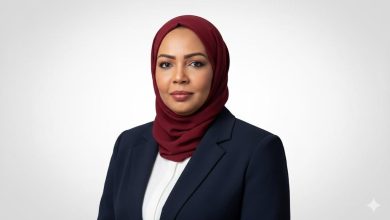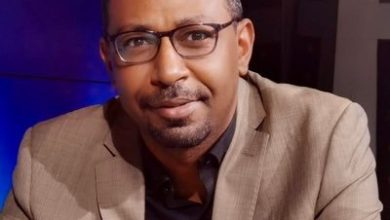What Turmoil in Ecowas Means for Nigeria and Regional Stability (2-9)

Nnamdi Obasi
Senior Adviser, Nigeria
Secondly, the Sahelian states accused ECOWAS of failing to assist them in their “existential fight against terrorism and insecurity”, a reference to their struggles to defeat jihadists that have resulted in thousands of civilians and combatants killed, as well as over two million displaced. Thirdly, they lamented that when their embattled countries “decided to take their destiny into their own hands, ECOWAS adopted an irrational and unacceptable posture in imposing illegal, illegitimate, inhumane and irresponsible sanctions in violation of its own texts”. Finally, they charged that the ECOWAS sanctions had “further weakened populations already bruised by years of violence”.
The announcement of [Burkina Faso, Mali and Niger’s] withdrawal from ECOWAS … could have far-reaching diplomatic, security and economic consequences.
The announcement of the three countries’ withdrawal from ECOWAS, an unprecedented event that could have far-reaching diplomatic, security and economic consequences, sent shock waves through West Africa. It set back member states’ efforts, spanning nearly five decades, at achieving an integrated regional market and collective economic development, as well as advancing democracy and good governance. It also jeopardised multilateral initiatives to tackle transnational security challenges, particularly jihadist insurgencies, banditry and organised crime. Furthermore, it deepened rifts between the bloc’s Western-leaning elected governments (led by Nigeria, Côte d’Ivoire and Ghana) and its four military-run countries. Of the latter, three (ie, Mali, Burkina Faso and Niger – but not Guinea) have recently terminated their longstanding defence pacts with France and/or scaled down security partnerships with the European Union and the U.S. These three countries have increasingly turned instead to Russia as their security partner of choice.
Responding to the withdrawal notice, ECOWAS lifted virtually all sanctions on the breakaway states on 24 February, urging them to return to the bloc and committing to dialogue as the path to resolving disagreements. It also entrusted three of its members – Benin, Togo and Sierra Leone – with responsibility for negotiating Bazoum’s release from detention in Niamey. ECOWAS said it lifted the sanctions on humanitarian grounds – as Crisis Group had previously urged it to do. But the about-face was partly also a tacit acknowledgement that the Sahelian states’ pullout had raised disconcerting questions about the bloc’s future. The military authorities have paid little attention to these ECOWAS overtures – and there is no indication as yet that they are rethinking their decision to leave.
These events are especially salient for Nigeria, which is the largest country in ECOWAS and the site of its headquarters. Many Nigerians, especially in the far northern states bordering Niger, who have commercial, cultural and even familial affinities with Niger, have welcomed the lifting of sanctions, which were hurting their livelihoods as well. But diplomats and analysts in Abuja have also quietly expressed concerns that the attempts to placate the generals may have set a dangerous precedent, weakening the bloc and adversely affecting Nigeria’s position therein. Nigeria is heavily invested in ECOWAS. Along with Togo, Nigeria was the driving force behind the bloc’s 1975 founding. (Both countries, incidentally, were then under military rule.)



